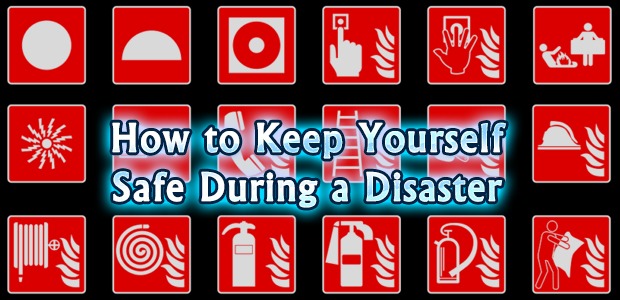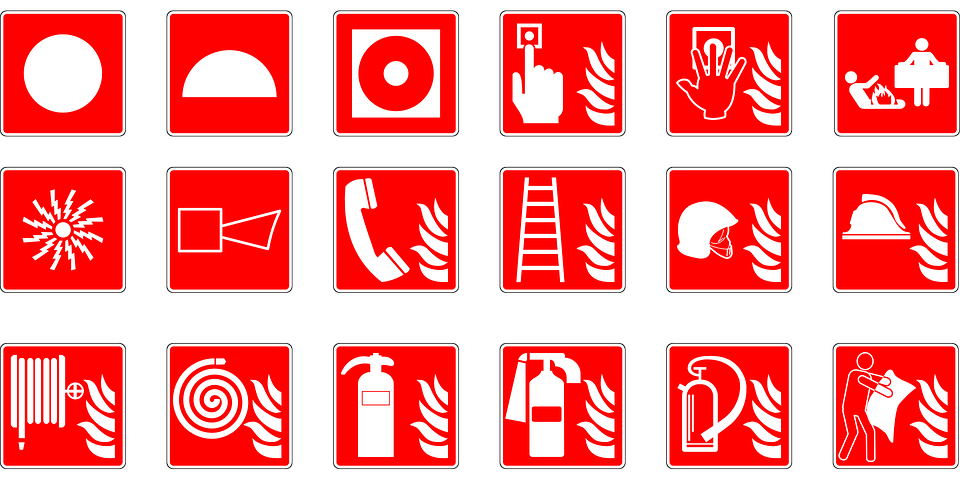We will never know when disaster strikes, so it’s always better to be prepared. It’s a fact that we can’t have the power to predict and prevent disasters – they just come all of a sudden – but we have the means to keep ourselves safe and self-sufficient during a disaster, or in the wake of a disaster.
Anytime is a good time to develop an ideal plan that will keep you, your family and important belongings safe, should disaster hits your area. Here are some tips and suggestions to become better prepared for the unexpected:
- Keep your contact lists in your phone, e-mail and social media updated, so that it will be easier for you to reach them as well as receive and send information/updates.
- It’s wise to store extra batteries for your phone in a safe, dry place. It’s also good to buy hand-cranked or solar chargers so that you can re-charge your devices in case of a massive power outage.
- Be informed of your area’s evacuation centers and shelter locations ahead of time – not when you are issued of a disaster warning or when a disaster is actually happening. In case you are away from home when disaster hits your town, you already know where to take refuge.
- You should also know the escape routes of your house, including the lesser-known areas (such as the ground-level basement window).
- It’s also wise to sign up for emergency alerts on your phone (if you haven’t disabled it yet). These alerts are probably the best way to learn about an imminent disaster or emergencies, especially if you’re often attached to your phone. It’s also helpful to know how you should communicate with officials when disaster actually strikes.
- If you don’t have a mobile phone, keep a prepaid phone card to use when the need arises.
- Keep your personal and financial records in a password-protected area on the Internet, or on your on a secure USB flash drive for easy access (in case your Internet service goes disrupted).
- Store important documents, such as personal and property insurance, ID’s, passport and certain licenses, as well as bank documents, in a safe and dry place that only you and your family members can have access to.
Preparing an emergency kit
Building an emergency kit and stocking your own food, water and medicines will help you to become self-sufficient for at least 72 hours or until help arrives soon. Preparing an emergency kit should not be complicated as long as you have prepared a checklist already of the basic supplies.
A basic emergency supply kit may include the following items:
- Food (preferably non-perishable foodstuffs or foodstuffs with a longer shelf life, for at least three days)
- Water (one gallon of water per head for drinking and sanitation)
- First aid kit (which may include the following: alcohol, non-alcohol wipes, Band-Aids, cotton balls, cotton swabs, iodine, bandages, gauze, dressings, hydrogen peroxide, eye wash, saline, curved scissors, cold packs, tweezers, medicinal creams, etc.)
- Flashlights with extra batteries
- Whistle
- Face mask
- Moist towelettes, garbage bags, plastic bags, plastic ties
- Maps
- Cell phone with chargers and extra batteries
- Solar or hand-cranked battery charger
- Survival blankets
- Tools such as a knife, a screwdriver, a bottle opener, a can opener, pliers or wrenches.
It’s also good to have a life vest or a life saver for each of the family/household members in case flash floods hit your area.
If you are too busy to prepare an emergency kit, you can also buy one. Among the most recommended is the 4-Person Deluxe Emergency Kit which has all the items that a household of four would need to survive for at least 72 hours. You can buy it here on Amazon.
Other steps when you’re anticipating an emergency:
- Make sure you have enough cash on hand for additional emergency purchases. Banks may be closed and ATM’s may not be working due to the power shut-off.
- It’s also good to learn emergency skills such as operating a fire extinguisher, performing a basic first aid, performing basic CPR skills, etc. The little things you can do will definitely make a big difference. You could save someone’s life when you least expect it.
- You should also have a basic knowledge on how to turn off your home’s utilities in case when disaster strikes which could damage your electricity, water or gas lines.
- Make sure your vehicle is fully fueled. Gas stations may run out of fuel or cannot pump out fuel due to power outage.


